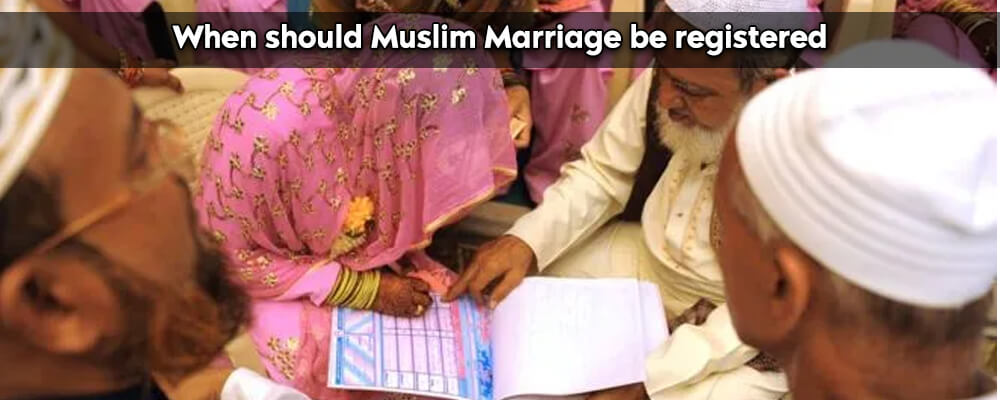The civil law of Islam is not codified. In accordance with Muslim law, a marriage is a civil union, and there is no required religious ritual. The bride and the husband sign the Nikah, an Arabic term meaning “contract,” which is the marriage contract. Marriage is expressly referred to in the Quran as mithaqun Ghalithun, which is Arabic for “strong agreement.” The original intent of the Nikah was to establish a sexually intimate relationship between a man and a woman in order to allow for childbearing.
Muslim law is developed from a variety of codified and uncodified sources, including the Quran, the Sunnat, the Ijma, the Qiyas, conventions, laws, cases, and principles of equity, clarity, and justice. There are three major Shia schools of thought and four major Sunni schools of thought: Itna-Arshiya, Maliki, Shafai, and Hanabli. The Hanifi School of Islamic Law predominates in India.
Need A Legal Advice
The internet is not a lawyer and neither are you. Talk to a real lawyer about your legal issue

Court marriage registration
The nikah is seen as a contract or payment made in the bride’s name. The nikah-nama, a type of paperwork that Muslim marriages require, is recognised as a legal document.
- The parties’ names
- Information and the parties’ addresses
- The parties’ signatures
- The parties’ names as guardians or parents
- Signatures of the stewards
- The witnesses’ names
- Information about the dower or mehr
- Name of the presiding priest
- Signature of the officiating priest
Essentials of marriage
- Proposal and acceptance are the two requirements for marriage, which are Ijaab and Qubul. It is known as Ijaab when one party proposes the contract for marriage, and it is known as Qubul when the other party accepts it. Both actions should be completed in one sitting.
- Competent parties are those who have the authority to sign the contract. The marriage contract must be made with the voluntary assent of both parties, failing which the union will be deemed null and void. The parties must both have reached puberty and be of sound mind. The guardians of children have the authority to marry lunatics.
- According to Sunni law, the marriage must take place in front of two Muslim men or one Muslim man and two Muslim women; in the absence of witnesses, the marriage is deemed to be inviolable. There is no requirement for witnesses under Shia law. If a marriage is recorded in writing, it is referred to as a “Nikah Nama” or “Kabin Nama.”
Types of marriage
- Sahih marriage is another name for a legal union. Marriage shall be regarded as legitimate if the following conditions are met: i. A proper proposal and acceptance are made; ii. A proper consideration has been made; iii. The marriage between the two parties is of free consent; v. The parties must be of sufficient age; and vi. There must be no legal handicap.
- Batil marriage is another name for a void marriage. There are no new rights, obligations, or responsibilities for the partners as a result of the marriage. If one of the following conditions is met:
- The marriage is performed in contravention of an absolute ban
- If the marriage is performed with a woman who is already married to someone else;
- If the marriage is performed with his own divorced wife without adhering to the Ha-La-La legal procedure.
- If a marriage is performed in contravention of a related ban, it will be regarded as irregular, also known as a Fasid marriage.
- A muta marriage is sometimes referred to as a courtship marriage or a marriage for fun. Itna-asharia-shia marriage recognises this kind of union. This marriage is arranged to last for a specific amount of time, and all legal requirements must be met for such a union. There is no such thing as a divorce, and a marriage will end on its own after the agreed-upon duration has passed. If the husband wishes to divorce the wife before the scheduled time, he may do so by giving the woman the whole amount of the dower as a gift with an unfinished time period, or Hiba-a-muddat (gift). However, the husband has the authority to deduct the money if the woman decides to leave her spouse before the time period has passed.
Lead India provides internet data, legal services, and free legal advice online. Ask a legal question and talk to a lawyer is the best course of action in this situation.





 Talk to a Lawyer
Talk to a Lawyer